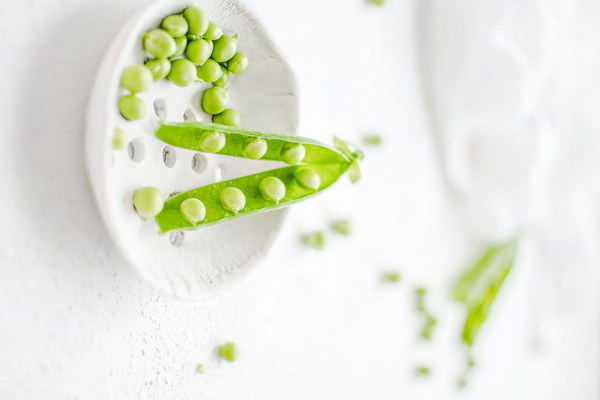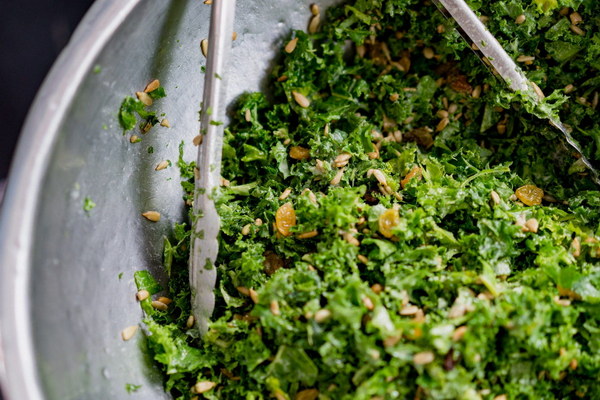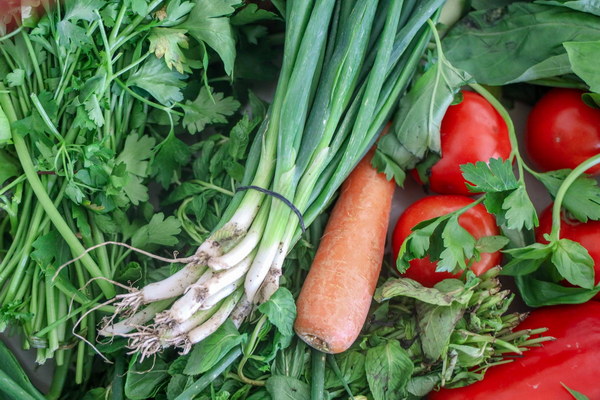Balancing Yin and Yang A Comprehensive Guide to Treating Yin Excess and Yang Deficiency
In traditional Chinese medicine, the concept of Yin and Yang plays a crucial role in maintaining the body's balance and overall well-being. When the Yin energy becomes excessive and the Yang energy is deficient, it can lead to various health issues. This article aims to provide you with a comprehensive guide on how to balance Yin and Yang in the case of Yin excess and Yang deficiency.
I. Understanding Yin and Yang
Yin and Yang are complementary forces that govern the natural world. Yin represents the cooling, slow, and passive aspects, while Yang represents the warming, active, and dynamic aspects. In the human body, Yin includes the body fluids, blood, and coolness, while Yang encompasses the body temperature, metabolism, and energy.
II. Symptoms of Yin Excess and Yang Deficiency
1. Yin Excess:
- Feeling cold, especially in the lower limbs
- Excessive sleepiness
- Lack of energy
- Soft, pale, or damp skin
- Dampness in the mouth
- Menstrual disorders
- Swelling and edema
- Excessive sweating
- Diarrhea
2. Yang Deficiency:
- Cold hands and feet
- Weakness, fatigue, and lack of energy
- Poor appetite and digestion
- Pale complexion
- Frequent urination

- Impaired immunity
- Weakness in the lower back and knees
- Early morning diarrhea
III. Treating Yin Excess and Yang Deficiency
1. Diet:
- Avoid cold, raw, and damp foods, such as ice cream, cold drinks, and raw vegetables.
- Include warm, cooked, and drying foods, such as soups, stews, and steamed vegetables.
- Consume foods rich in Yang energy, such as ginger, garlic, and onion.
- Incorporate Yin-nourishing foods, such as black sesame seeds, goji berries, and seaweed.
2. Herbs and Supplements:
- Licorice root (Gancao): Helps to balance Yin and Yang, and relieve symptoms of Yin excess and Yang deficiency.
- Astragalus (Huang Qi): Strengthens the immune system, boosts energy, and improves digestion.
- Codonopsis (Dangshen): Enhances energy and vitality, and helps to regulate the immune system.
3. Acupuncture and Massage:
- Acupuncture can help balance Yin and Yang by targeting specific points on the body.
- Massage therapy can improve blood circulation, reduce stress, and alleviate symptoms of Yin excess and Yang deficiency.
4. Lifestyle Adjustments:
- Practice regular exercise, such as tai chi, qigong, or yoga, to promote the flow of energy in the body.
- Ensure adequate sleep and manage stress to maintain a healthy balance of Yin and Yang.
- Dress warmly, especially during cold weather, to protect against the cold and dampness.
5. Mindfulness and Meditation:
- Engage in mindfulness practices, such as meditation or deep breathing exercises, to cultivate inner peace and balance.
- Focus on positive thoughts and emotions to support the healing process.
In conclusion, balancing Yin and Yang is essential for maintaining a healthy body and mind. By following the guidelines outlined in this article, you can effectively address Yin excess and Yang deficiency, leading to improved overall well-being. Remember that it's important to consult with a healthcare professional before making any significant changes to your diet, exercise, or lifestyle.









